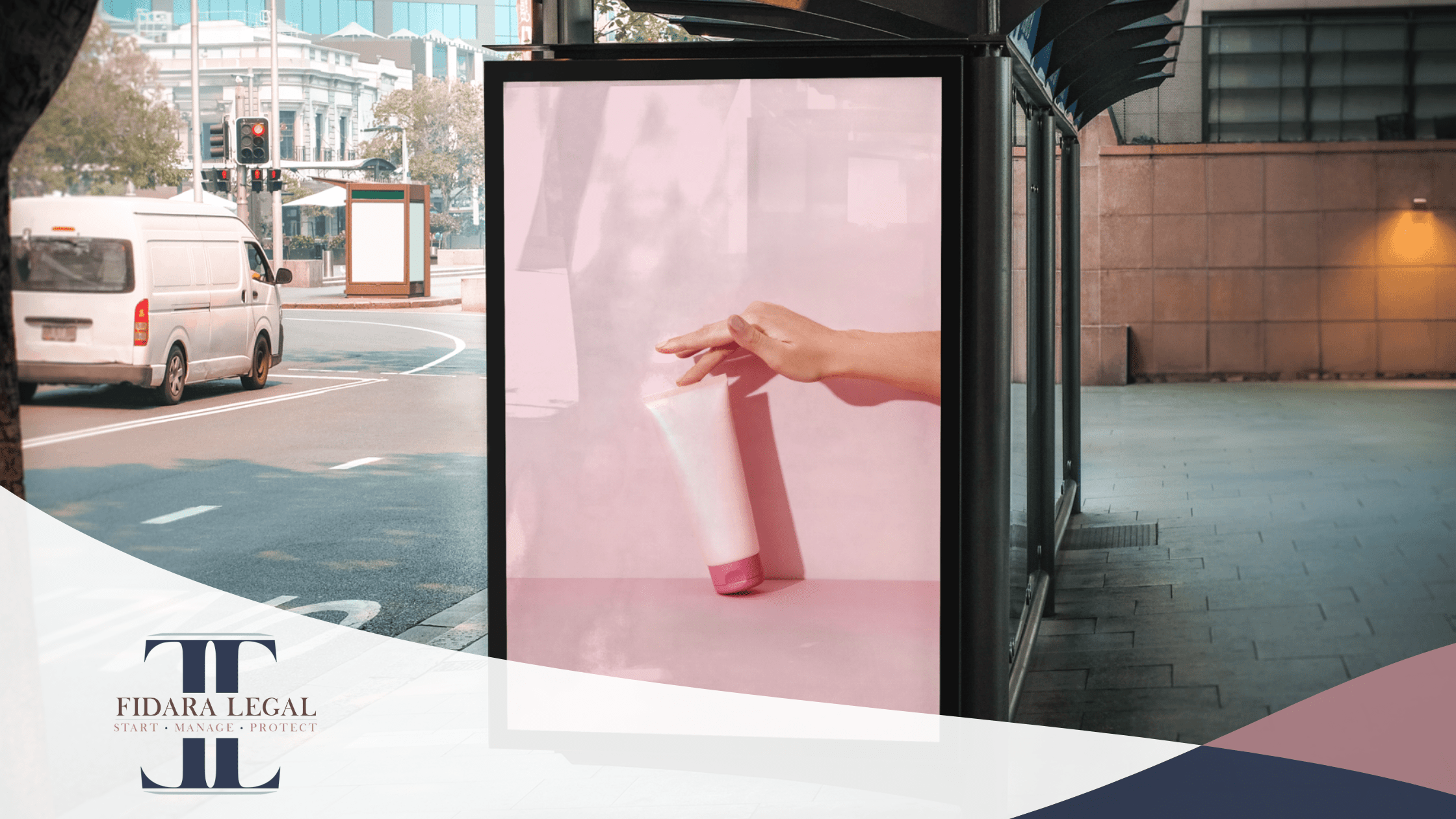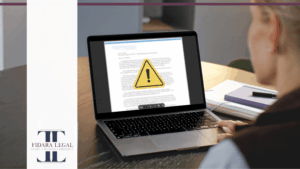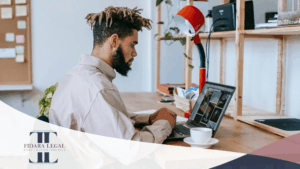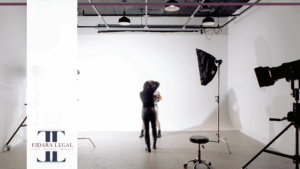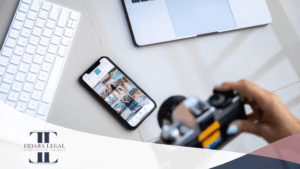Executive Summary: This article explains what to do when someone uses your likeness without permission, focusing on the right of publicity and Florida’s protections. Unauthorized use can qualify as misappropriation if it’s identifiable and for commercial purposes, such as advertising a product without consent. It also covers how to respond if you receive such a letter and offers tips for proactively protecting your likeness through contracts, trademarks, and monitoring.
You’ve spent years building your reputation, your following, and your brand identity. Then one day, you see your face, name, or voice being used to promote a product or service that you never agreed to. For entrepreneurs, coaches, and public figures, this isn’t just frustrating. It can also cross legal lines.
When someone uses your likeness without permission, you may have legal rights to stop it and, in some cases, recover damages. But the steps you take, and how quickly you take them, matter.
Understanding the Right of Publicity
The first step is understanding the concept of the right of publicity. In simple terms, it’s the legal right to control how your name, image, voice, or other identifiable traits are used. The idea is that you should decide if and how your identity is used for commercial gain.
Right of publicity laws vary from state to state. That means your options may depend on where you live or where the misuse took place. Some states have broader protections than others, and some even allow your estate to enforce these rights after you pass away.
Florida’s Right of Publicity
If you’re based in Florida, the law protects your name, portrait, photograph, or other likeness from being used for commercial purposes without your consent. “Commercial purposes” means the use is connected to promoting or selling a product, service, or business.
For example:
- A wellness brand uses your headshot in an ad for supplements you’ve never endorsed.
- A conference puts your name on its speaker list without you agreeing to appear.
- A company features your testimonial in marketing materials without your consent.
Under Florida law, these situations may be considered misappropriation, i.e., the unauthorized use of your likeness for someone else’s profit.
What Counts as Misappropriation?
Not every unauthorized use qualifies as misappropriation. For it to be a legal issue under Florida’s right of publicity law, it generally needs to meet two main criteria:
- Identifiable – The use clearly points to you (your image, voice, name, signature, or other unique identifier).
- Commercial – The use is tied to making money, such as promoting a product, advertising a service, or selling merchandise.
If both conditions are met, you may have grounds to act.
First Step: The Cease and Desist Letter
The most common first step in these situations is to send a cease and desist letter. This is a formal notice telling the other party to stop using your likeness without permission immediately. A strong letter will:
- Identify exactly what unauthorized use is happening
- Cite your legal rights under applicable state law
- Demand removal of the content or materials
- Warn of potential legal action if they don’t comply
Sometimes, a cease and desist letter is enough to resolve the issue quickly. Brands often stop the unauthorized use once they understand the legal risk. But if they ignore it, you may need to consider further legal action.
Protecting Your Likeness Proactively
While legal action can help address unauthorized use after it happens, the best approach is prevention. Some ways to protect yourself include:
- Registering trademarks for your name or signature phrases
- Having clear written agreements for collaborations and endorsements
- Monitoring online platforms for unauthorized use of your image or content
- Working with legal counsel to create standard licensing terms for your likeness
Proactive protection means fewer disputes and stronger grounds to act if misuse occurs.
Your Brand Is Yours to Control
Your likeness is a valuable part of your brand, and you have the right to decide how it’s used. If someone uses it without your permission for their own profit, you may have legal options to make them stop and, in some cases, recover damages. The sooner you address the issue, the better your chances of protecting both your image and your business.
If you believe your likeness is being misused, Fidara Legal can help. We work with business owners, coaches, and public figures to enforce their rights, protect their brand, and take action when needed.
